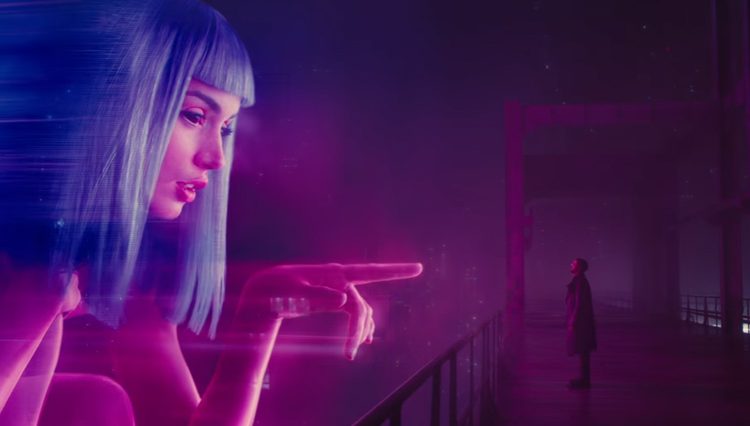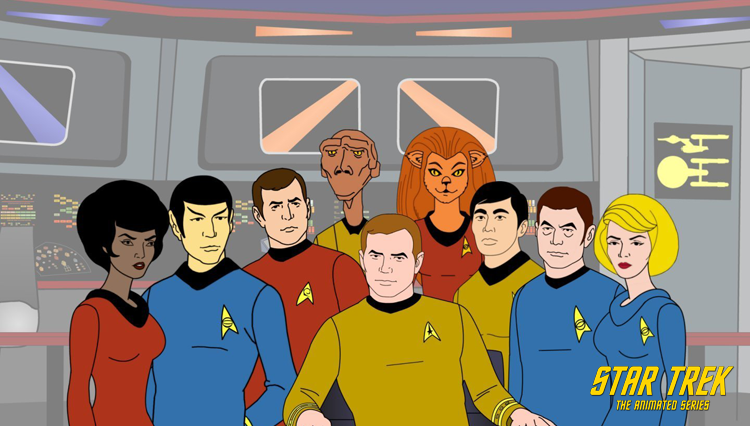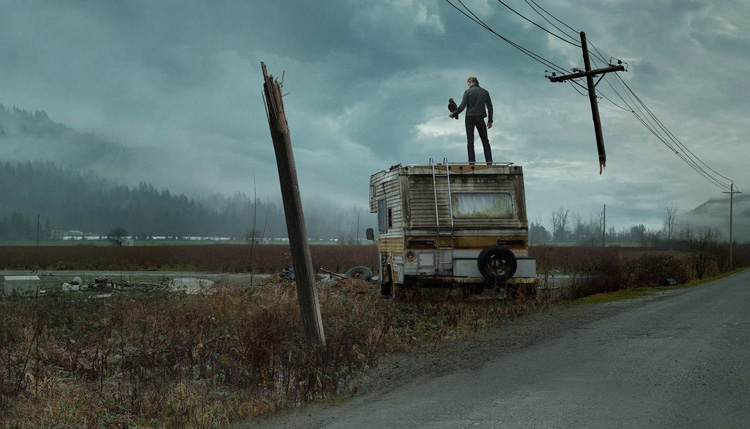
“He had no name, although it pleased him to call himself Flagg . . . at least
for the time being. And on the far side of the mountains, his work was already well begun. She did not know his plans; they were as veiled from her eyes as whatever secrets lay in that fat boy Harold’s heart. But she did not have to know the specifics. His goal was clear and simple: to destroy all of them.”
“F–K!”
The Stand, 2020 (Whoopi Goldberg)Vertigo Entertainment/CBS Studios
Who would’ve thought the second television adaptation of Stephen King’s 1978 book, The Stand, produced for a pay-streaming audience this time, could become an irredeemably bland affair? While the 1994 ABC mini-series had its flaws, there was no excuse this time around not to produce a unabridged, exciting remake. The series is heavy on expletives (to an unrealistic, badly-written extreme), gore, and graphic violence, but the anemic gallop of the narrative, inexplicably told in flash-forward and flash-back style (reminiscent of Lost) transforms a once-remarkable odyssey into generic tedium.
In a not-so-distant-future, a deadly super-virus with a 99% communicability rate wipes out the population save for some immune stragglers who split up into two camps. The “good guys” seek out Mother Abagail (Whoopi Goldberg) in Hemingford Home, Colorado. The baddies take up residence with Randall Flagg (Alexander Skarsgård) in Las Vegas. The 823-page volume was an apocalyptic allegory of religion and survival. The book didn’t sell that well initially, but picked up readers when it was relegated to bargain bins and eventually attained an enormous cult following. In 1994, King added previously excised pages in a “complete and uncut form” bringing in more readers.
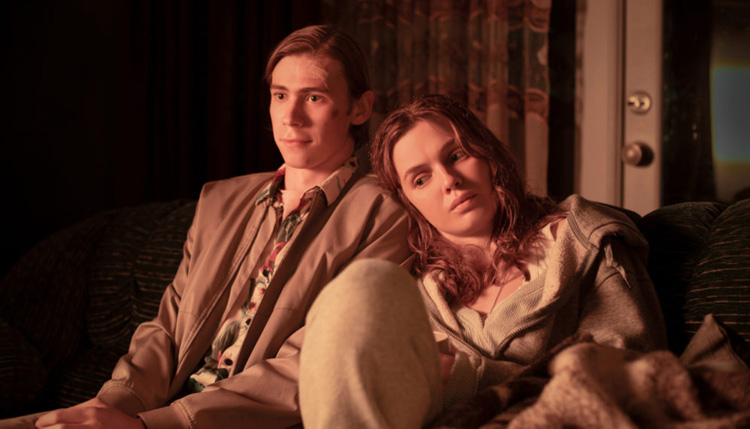
I should go back a little in my history to say that The Stand was not only my favorite Stephen King book, but one of my favorite books ever. I put it next to Mother Night, Factotum, and Tortilla Flat. It’s an incredible piece of literature that comes alive in the pages. After I read the book the first time, I felt like I knew these characters. Like they were old friends. They mattered to me. I was devastated when Nick Andros died, and I didn’t want to read anymore because I loved him. I had to force myself to finish the book if only to witness his ghost helping good buddy Tom Cullen get Stu to safety and hopefully get some semblance of a happy ending for the surviving characters.
The book was a serious page-turner. The 1994 mini-series, though tempered to a dull edge by network television censorship, was a reunion of sorts with these characters. King’s teleplay broke down the enormous book into essential units: plague, dreams, betrayal, and stand—point A to point B. In the misguided effort to tell the story in cinematic terms, the time-traveling story goes back, forth, left and right so many times, those unfamiliar with the book will get whiplash trying to understand the characters and their all-important motivations. At this point in filmmaking, it feels like a cheap device to make the storytelling seem more complex than it actually is.
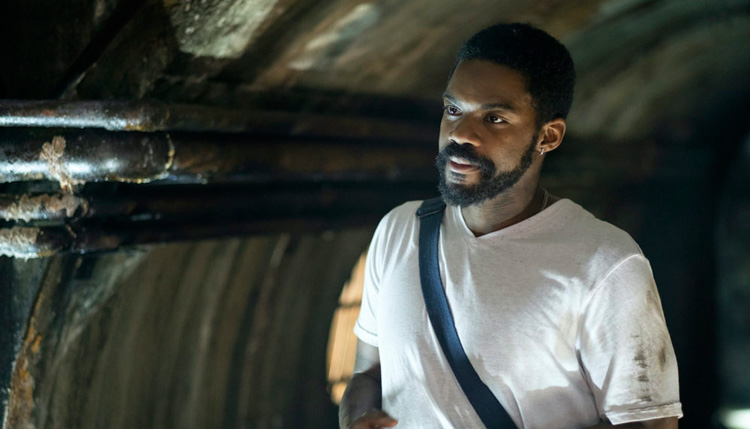
I went on about motivations in my Queen’s Gambit review, and the same problem comes up here specifically with Harold Lauder (Owen Teague) and Nick Andros (Henry Zaga). From jump-street, Lauder is portrayed as a failed writer, a whiny baby, and the victim of near-constant bullying. Ouch! Everyone, including Frannie, treats him like crap. Because of this, Lauder comes over as a victim rather than an aggressor, which changes his motivation radically, and makes his evolution seem the result of his perceived rejection in the Boulder Free Zone. Moreover the Military, depicted as a brutal dictatorship in the book, is much less threatening in this series.
It’s revealed in this series that Nick has received nocturnal visions of Randall Flagg. I don’t remember this from the original book. Nick was always portrayed as “saintly” if occasionally dim, but he was never seduced by Flagg as much as he (and the others) were aware of his presence. I had imagined Flagg would be seen in their dreams only in the periphery, like a shadow cast on a wall. The only characters clearly moved by Flagg were Lauder and Nadine Cross (as part of the “betrayal” I mentioned earlier), and Flagg never struck me as a time-waster.
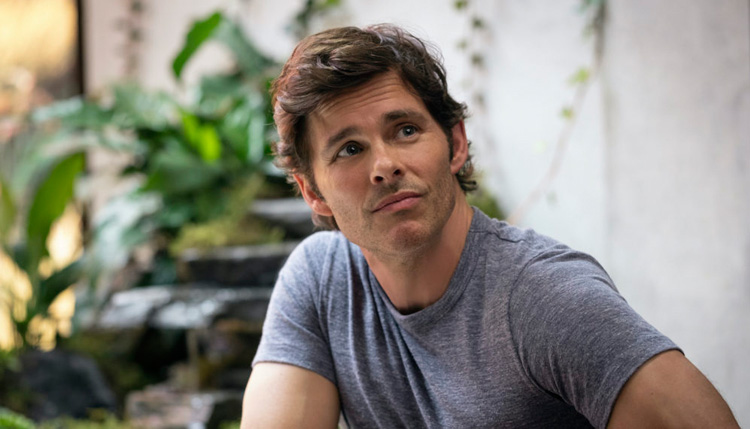
The actors (with the exception of James Marsden and Greg Kinnear) lack warmth and the ability to sell friendship. They’re like strangers to me. It’s odd. There’s a disturbing lack of focus because the scenes only add up to the the sum of a very simple paradigm: good versus evil. It doesn’t let us in on the more curious pieces; like why the bad guys are so much more efficient at setting up a small government than the good guys, or why Harold and Nadine are so easily misled by Flagg, or why the bad guys have such terrible fashion sense. Even Mother Abagail’s motivation is changed so that she appears to waffle on how best to confront Flagg’s people.
It’s not as if all the faults of the series can be blamed on this delivery system. King’s book was rife with cookie-cutter logic and meaningless platitudes, but you got the feeling the bad guys weren’t simply on display to show us how bad they were. The series turns Las Vegas into an impractical and garish display of violence, crime, and drug use. Think Idiocracy ruled by Satan. The denizens are sub-literate and oversexed degenerates. In the book, Flagg punished the criminal element and was brutal in his methods of discipline. He didn’t enslave anybody. He crucified interlopers and deserters and deviants. The majority of Flagg’s group (as with Mother Abagail’s) were regular people united for a common cause.
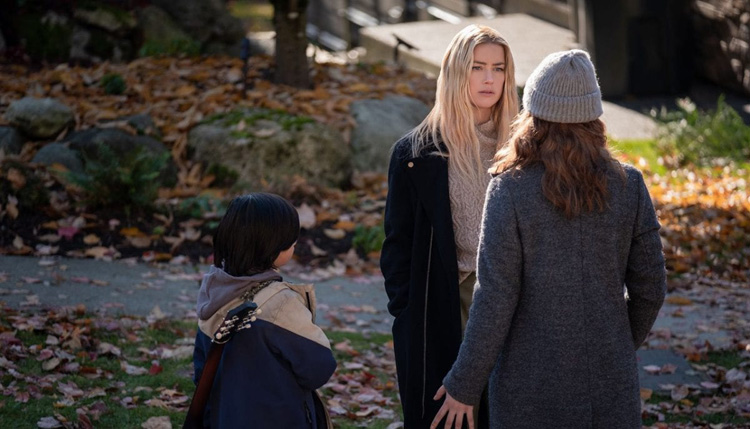
Amber Heard is positively dreadful in the pivotal role of Nadine. She has no voice. Perhaps this Nadine Cross would be more effective as a blank slate of a character rather than the frustratingly ambiguous bore she depicts. Skarsgård fares better mainly because he isn’t given much to do. Odessa Young brings nothing new to Frannie Goldsmith. Jovan Adepo (as a John Legend-esque Larry Underwood) is charming, but again isn’t given much to do, which is strange because his adventure out of New York City was a highlight of the book. Zaga’s Nick is all but marginalized here as is his friend, Tom, and it’s a damned shame.
If the filmmakers were desperate to tell a story in their own way, they could have tried something else. I’m just blue-skying here but perhaps they could’ve taken a character and devoted an entire hour to their backstory and how they eventually ended up in Boulder or Las Vegas, and they could’ve done it with a minimum of dialogue. The characters are what matter, right? Or we could go the other way and incorporate only those elements that are paramount to the story: the plague, the characters, the stand. This Stand fails on nearly every level with the sole improvement being in the makeup effects of the ravages of “Captain Tripps.”
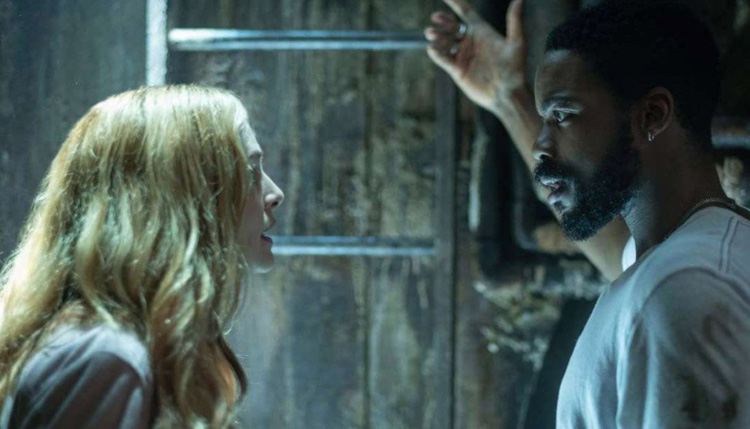
In a way, this is a good thing. Hear me out. If we, as readers and viewers, were handed a brilliant, bold, and beautiful adaptation of a beloved Stephen King book for CBS All Access in mini-series form, we would always refer to that adaptation as the definitive source for this story. We would bypass the book in all discussions about The Stand. The book, with its rich characterizations, tension, and suspense would eventually be forgotten. Because this grotesque (and oddly corporeal) display of gaudy camp fails so spectacularly, the book will bring in many new readers curious to see not only how a proper story is told, but why it’s pointless to tamper with near-perfection.


